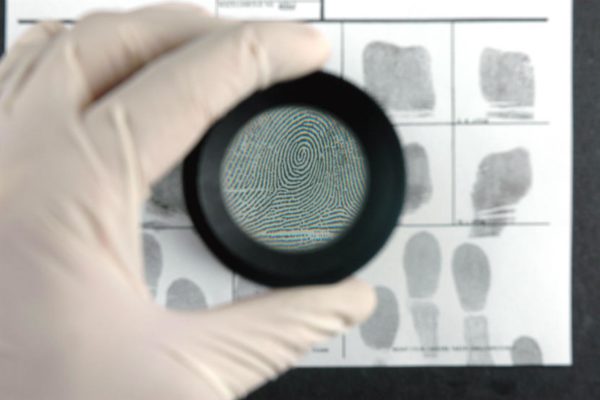The Austin Police Department’s recent announcement that it plans to hire a bona fide scientist to run its crime lab is welcome news. Police Chief Brian Manley deserves credit for recognizing that the recent crisis in police department’s DNA lab calls for rethinking the crime lab’s operations. And he was right when he said that “the science behind running a lab… is really beyond the expertise of anyone in law enforcement,” and that “[t]he community has the absolute right to expect the best from APD.”
But Chief Manley’s plan doesn’t go far enough.
What’s needed is to reinvent the crime lab as an entity independent from police control. There are at least three reasons why this is the right move for Austin — and, for that matter, police departments across the country.
First, independence means budgetary control. Lack of administrative independence from APD means that our crime laboratory’s budget competes with a host of other law enforcement priorities, and that law enforcement officials are making the call about which budgetary priorities prevail.
An independent crime laboratory with its own budget is able to advocate for adequate funding levels to ensure best scientific practices. This is a good outcome for the APD as well, because its budgetary lines for officers, equipment and training wouldn’t trade off against lab needs.
Second, independence can enhance quality. The fact that lab analysts work for the police can introduce conflicts of interest or create other pressures that lead to errors. This is not to say that lab employees aim to falsify results. But research and experience have shown that subtle biases can easily be introduced into crime lab work when analysts and law enforcement officers view themselves as playing for the same team.
Errors, of course, are bad for any police department and the rest of us: The guilty go free, the innocent are wrongly convicted, and the public loses confidence in our criminal justice system. And there’s the financial cost of error — as exemplified by the current $14 million effort to correct errors in the APD’s DNA lab.
Third, and perhaps most important, independence is necessary for public trust. Lack of institutional independence from the APD diminishes the crime lab’s ability to present its work to the public, and to courts, as the product of objective inquiry. Moreover, when problems arise with the crime lab’s work, the public views that as reflecting badly on the APD. An independent crime laboratory signals to the public that scientific analysis is being conducted in a manner that is faithful to the demands of science, not to the demands of law enforcement. And it permits the police department to cultivate trust in the community without worrying that missteps in the crime lab will undermine their efforts.
The bottom line is that an independent crime lab is good for the crime lab, good for law enforcement and good for the public. That’s why when the National Academies of Science published a comprehensive evaluation of forensic science in the United States in 2009, it recommended that all public laboratories be removed from law enforcement control.
These arguments also moved Houston, in the wake of its own crime laboratory crisis, to establish an independent crime laboratory in 2014. Austin should be equally forward-thinking.
Will an independent crime lab be a perfect crime lab? Of course not. There will always be a risk that errors or even misconduct will occur. Moreover, independence is not a cure-all. An independent crime lab still must be adequately funded and staffed, and subject to appropriate oversight.
But an independent crime lab is a lot closer to the ideal of a high-quality, scientifically motivated and objective crime lab than what we have now. Crime laboratory independence is a best practice in criminal justice, and Austin should join our neighbors in Houston to lead the nation in adopting this reform.
Jennifer Laurin is a professor of law at The University of Texas at Austin.
A version of this op-ed appered in the Austin Amerian Statesman.
To view more op-eds from Texas Perspectives, click here.
Like us on Facebook.




